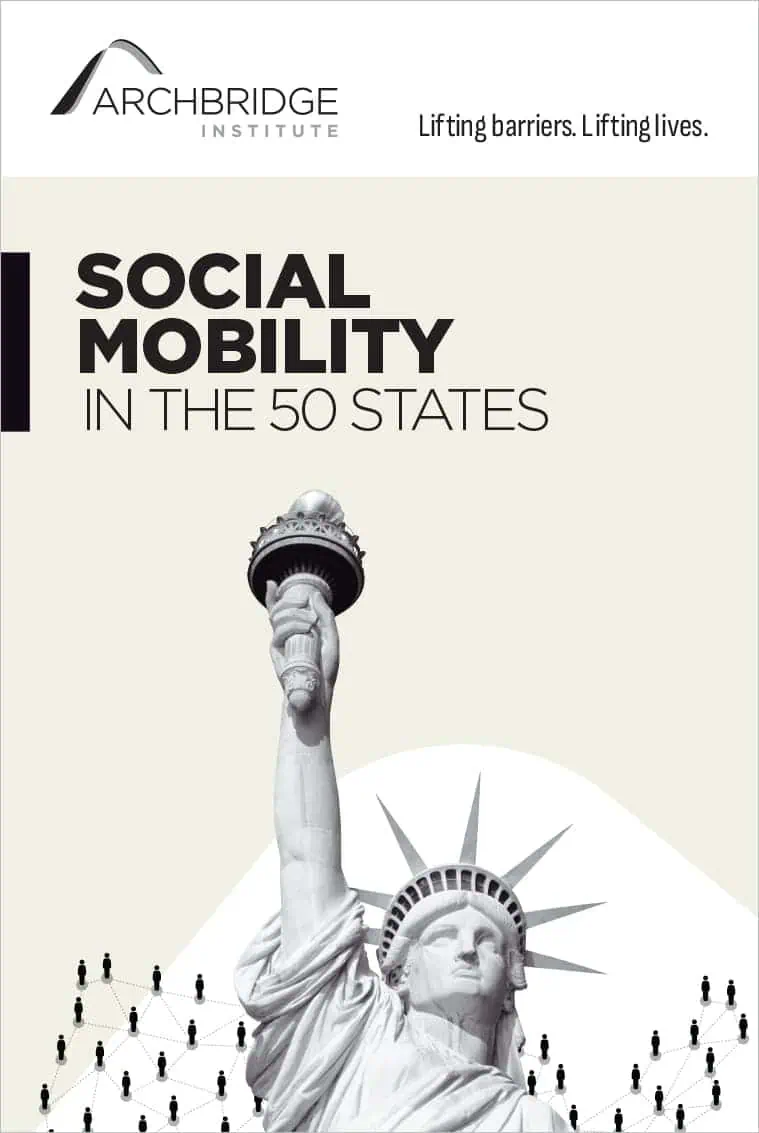
Why Does Occupational Licensing Matter In The Land Of Enchantment?
As the labor market continues to strengthen across the United States, New Mexico lags behind. In October of 2018 according to the Bureau of Labor Statistics, the unemployment rate in New Mexico was 4.6%–almost a full percentage point higher than the national average and in bordering state Texas (both at 3.7%). Furthermore, New Mexico has lagged behind its neighbors in job creation as well, increasing employment from December 2017 to December 2018 by 2.4 percent, compared to a 3.4 percent and 3.2 percent increase in Arizona and Texas respectively. Although there are a number of factors that might be contributing to this difference an often overlooked factor is occupational licensing.
Occupational licensing establishes laws that require aspiring workers to obtain a government permission slip to work. To obtain this permission slip, individuals must pass exams, pay fees to the government, complete minimum levels of education and training, and meet a variety of other entry requirements.
By making it harder for individuals to work, individuals may have a harder time obtaining employment or may be discouraged from participating in the job market altogether.
Occupational licensing has grown from affecting about 5% of workers in the 1950s to more than 1 in 5 (22.3%) in 2016. Licensing results in wasted or misallocated resources and creates unnecessary barriers to employment and economic prosperity. A recent study estimates that more than 18% of workers in New Mexico are licensed and that licensing costs the state more than 16,000 jobs and $87 million per year.
Proponents of occupational licensing claim that licensing improves the quality of service delivered to consumers or protects public safety. Unfortunately, evidence does not support this claim. A comprehensive report performed by the Obama White House found little evidence that licensing enhances quality. In fact, recent evidence using Yelp reviews suggests that licensing may reduce the quality of services delivered to consumers.
Licensing Makes The American Dream Become A Nightmare
In recently published research by the Archbridge Institute, we document how occupational licensing may be ending the dreams of citizens in New Mexico of entering a new career and climbing the economic ladder. Between 1993 and 2012, New Mexico added licensing requirements for 41 low- and moderate-income occupations—10 more than the national average of 31. Relative to this average, we estimate that growth in occupational licensing in New Mexico is associated with a 4.6% reduction in economic mobility and a 10.7% increase in income inequality. Growth in occupational licensing is associated with fewer opportunities for workers to earn more than their parents and a widening of the gap between the rich and poor. Occupational licensing limits opportunities for employment and prevents hard working New Mexico residents from achieving the American Dream.
During her term, former Governor Susana Martinez made strides to mitigate the harmful effects of occupational licensing for New Mexicans. In July of 2018, Martinez issued an executive order that instructed state boards and commissions to review licensing requirements and develop recommendations to increase economic opportunity. This was followed by a more comprehensive executive order, issued in October of 2018, that included several provisions aimed at easing the burden of occupational licensing. Among the most significant provisions of the order was the “consumer choice” provision, which would allow non-licensed practitioners to provide their services as long as customers were informed of the lack of a license. Although the provision provides lawmakers with a roadmap for reform, without further legislative action, it is unable to be fully implemented.
Moving Forward: The Occupational Licensing Consumer Choice Act
This proposed legislation is designed to reduce the barriers to enter the labor market and expand consumer choice. Professionals will be able to offer their services without obtaining a license to practice in the state, provided that they notify potential customers. Customers will be able to choose a service provider whose price and ability match their needs, irrespective of their licensure status. In effect, the law turns licenses into a form of voluntary certification. Professionals are able to signal their quality, education, and experience by obtaining a license, while competition will be increased with the addition of low cost providers.
Professionals and consumers both benefit from this legislation. It allows lower skilled and educated workers to begin practicing, helping ease their entry into the labor market and allowing them to build up their skills to have a successful career. The law also encourages interstate mobility. Workers can move to New Mexico and begin practicing immediately, rather than wasting time and money retraining, reeducating, and retesting.
By requiring the notification of licensure status, the law continues to inform consumers of the quality of the professional. Increasing the number of professionals will increase competition, helping to lower the prices that consumers pay for their services. Finally, New Mexicans benefit by shifting the focus of regulators to health and safety rather than enforcing licensing requirements.
For too long, occupational licensing has been restricting opportunities for people in New Mexico. Common sense reform should be implemented to improve the lives of the citizens of New Mexico and help restore the American Dream of prosperity.
Edward Timmons, PhD, is a senior fellow at the Archbridge Institute and a service associate professor of economics and director of the Knee Regulatory Research Center at the John Chambers School of Business and Economics at West Virginia University. He is regularly asked to provide expert testimony in state legislatures across the US on occupational licensing reform and the practice authority of nurse practitioners. His work is heavily cited by the popular press, and he has authored numerous articles for media publications.





